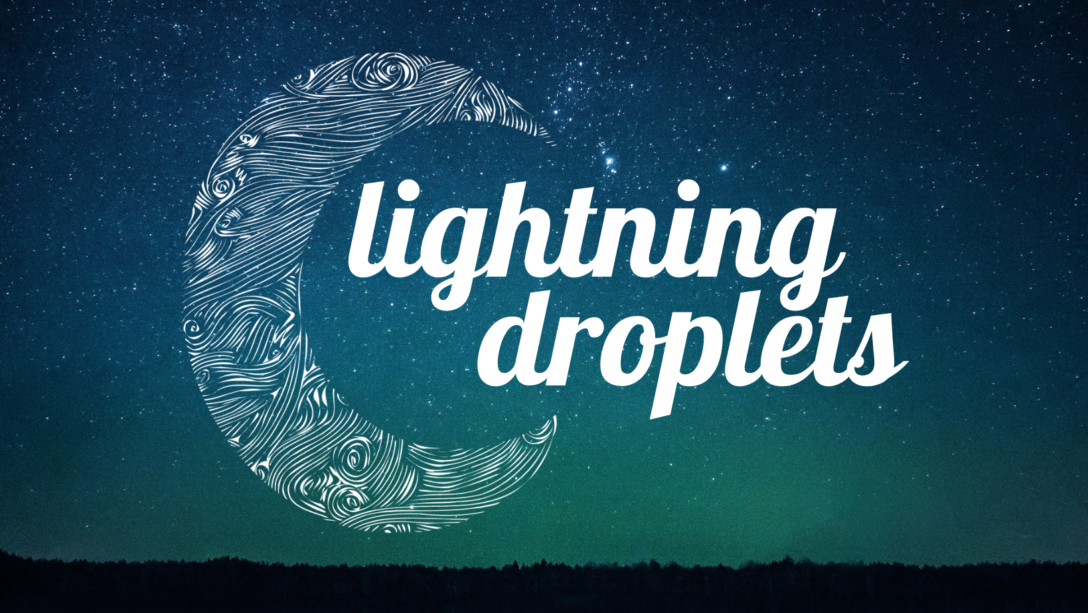A routine can be great for creativity. But it doesn’t need to be stuffy or mundane. You can unlock your creativity by just taking small steps to create that magical space where you can connect with your imagination and your muse. Here is a writing ritual to inspire creativity and overcome writer’s block each time they sit down with their words.

Why Do a Writing Ritual?
Here I am, staring at the blank page. I know you know this feeling. The trepidation before starting. The pressure to choose just the right word to start. Perhaps even the worry about what that person would think if they read your writing.
Sometimes it can be difficult to get the creative juices flowing. You know you want to write. You know you want to create, but you just don’t feel like you’re in the right mindset.
One thing we can do to help inspire creativity is to create a writing ritual that helps set the stage for our brain to enter that special space where ideas can flow. Having a writing ritual can help you develop a writing habit and routine, because it’s a way of creating a separate time and space for writing to occur. A ritual can help us limit distractions so that we can focus on the task at hand.
It can also lower the threshold for beginning the act of writing. If just sitting down and getting started is too intimidating, the small actions of a ritual can get you moving in the direction of your writing with much less at stake. It can be so much easier to light a candle than it is to start that next chapter, or the first line of a poem. Making your first step in your writing process something simple, easy, and an act that you can do without thinking (or overthinking) allows you to get started without the pressure of the blank page.
The atmosphere you set while writing can also help you be more creative by encouraging you to stay in the present. Music, candles, your favorite beverage—anything that engages the senses can help keep you mindful of what you are working on and where you are in the moment so you don’t drift off into the regrets of the past or the worries of the future. These small cues are signals to our brain that this moment is where our attention should be.
Finally, going through the motions of a writing ritual can also make it more likely that you will write again next time. There is a lot of emphasis on pre-writing rituals, and the things you do before you get creative can certainly help prime the pump. But there is also value to closing out your writing practice. A little bit of gratitude or taking stock of what you’ve accomplished at the end of your writing session can give you a little push of motivation to get back to the desk the next time you want to write.
Here is a ritual to help get you in a creative frame of mind.
Writing Ritual to Tune in to Your Creativity
You will need:
- Something scented: a candle, incense, essential oil, wax melts. These can be especially powerful if you have something in a scent that will help inspire creativity specifically, like lavender, clary sage, eucalyptus, jasmine, or tangerine. Look here for ideas about which scents can help increase your creativity. You can also choose a scent that you enjoy, or one that makes you feel more confident or transformed.
Directions:
- Dim the lights. Just a small change in atmosphere can make a big difference and dimming the lights is scientifically shown to enhance your creativity.
- Use your scent. Light your candle. Cleanse the room with your incense. Dab your essential oil behind your ears or turn on your wax melts. The idea here is to start using a scented trigger that will tell your brain that it is now time to start getting creative.
- Meditate. Spend a few minutes meditating. You might prefer to do this in the quiet alone with your thoughts, but if you need guidance, you can check out this short and effective meditation on YouTube.
- Set your intention. You might want to set an actual goal for this session, like “I will finish Chapter 23.” Or you might want to say a few affirmations. Some of my favorites for creativity are: “I am connected to the inspiration from the universe.” “Ideas and words flow easily out of me.” “My imagination is limitless.” You can look here for more affirmations that might inspire you. Whatever your intention is, say it out loud three times. Then let it go and trust that it will be done.
- Write. This is, of course, the most important part. The stage has been set. All you need to do is show up and let your words fly.
- Give thanks. When you are finished writing, close your ritual by giving thanks. It’s been shown that gratitude can help boost your creativity. So thank your muse, yourself, the universe, or whatever power you connect with for giving you the time and space to write.
A Creative Daily Routine
The more often you do this ritual, the more it will help prime your imagination and inspire your creativity. Each time you do it, you’ll be sending the signal to your subconscious that it’s time to open the imagination floodgates and slip into your writing.
Of course, this is just one example of a ritual that you can mold and make into your own personal routine. You might want to create a ritual that focuses on productivity, focus, or intuition.
We artists can be individual and fickle, with our own quirks and processes, so you could think about creating a ritual that is individually suited to your own style. Maybe you get motivated by music, or by wine, or by Pomodoro sprints. Maybe you work better in certain places or even in certain outfits. To create your own personalized routine, check out this definitive guide to writing rituals. It contains ideas and suggestions for each stage of a ritual to help you find what works best for you.
For more inspiration and help getting started, you might like these writing prompts.
Let me know if you’ve tried this, and if you’ve made it your own.
Enjoy!






















